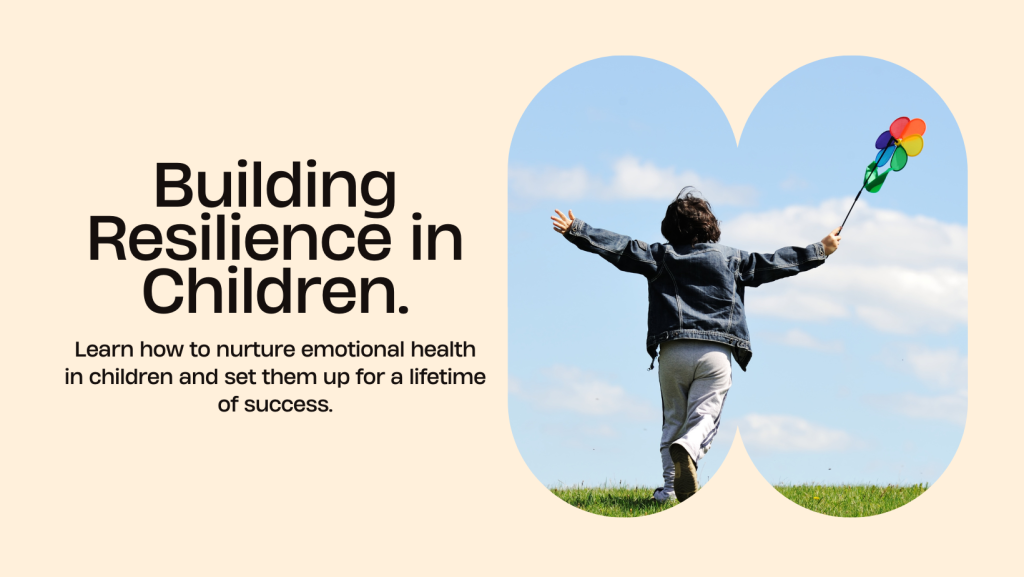A child’s entire growth and long-term well-being are based on their emotional health. Children go through a wide range of emotions as they learn to navigate the environment from birth through adolescence. Their social, intellectual, and psychological development are greatly impacted by how they learn to recognize, express, and control these emotions.
It is imperative that educators, parents, and other caregivers support children’s emotional well-being and resilience-building. Emotional intelligence and self-awareness are fostered when children are raised in a loving, caring atmosphere where they feel comfortable expressing their feelings. Children gain comfort and confidence in their emotional experiences when adults validate their emotions and promote open communication.
Building resilience and effectively managing stress require teaching kids good coping mechanisms. Easy methods like practicing mindfulness, deep breathing, or creative expression can help kids learn how to control their emotions and deal with difficult circumstances in a healthy way. Furthermore, setting a strong example for youngsters to follow by exhibiting healthy coping mechanisms and problem-solving techniques can be quite effective.
Strong interpersonal skills and the development of positive connections are also fostered by encouraging empathy in youngsters and teaching them to acknowledge and respect the feelings of others. Prosocial traits like kindness, compassion, and cooperation—all necessary for navigating social situations and forming deep connections with others—are more likely to emerge in empathic kids.
Recognizing that facing and conquering hardship is a normal part of life is also crucial. Teaching kids resilience means assisting them in realizing that failures and setbacks present chances for development. Children are more equipped to endure in the face of difficulties and setbacks when they are encouraged to adopt a growth mindset, which views barriers as chances to acquire new abilities and strengths.
To sum up, fostering children’s emotional wellbeing is crucial to helping them develop resilience and giving them the resources they need to succeed in life. Fostering a growth mindset, teaching good coping mechanisms, encouraging empathy, and creating a supportive atmosphere are all ways that parents, teachers, and other adults may equip kids to face obstacles in life with hope, resilience, and confidence.




